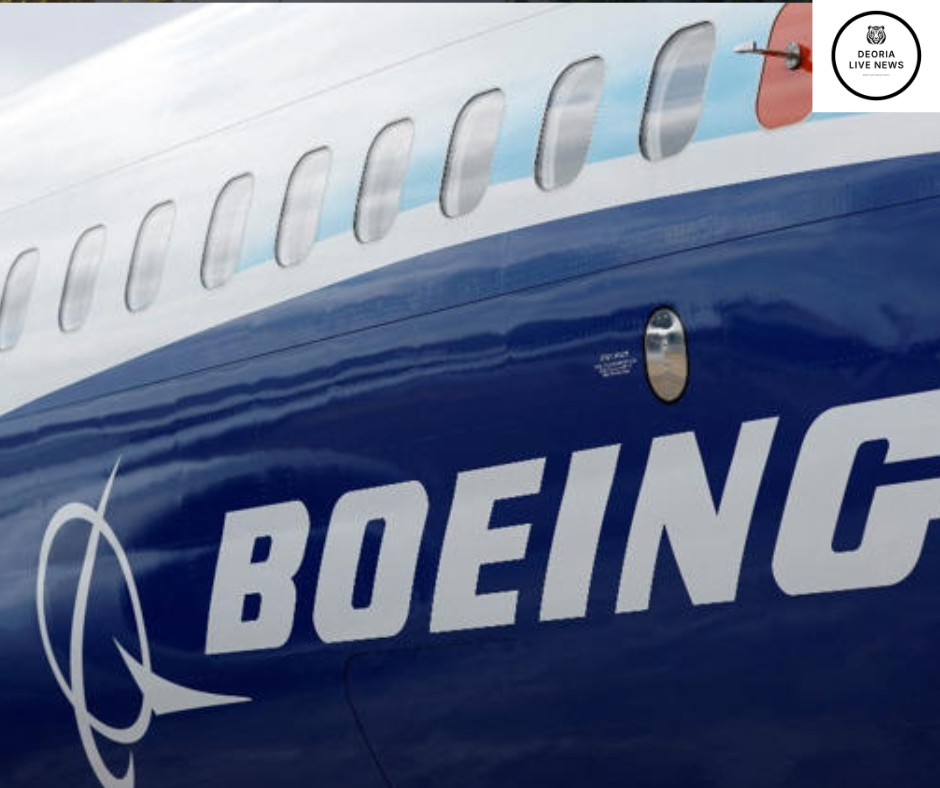
A recent report has revealed that a UK aviation regulator had flagged concerns about faulty fuel switches in certain Boeing aircraft just four weeks before the Air India Express crash. The incident, which is currently under investigation, has brought fresh attention to the mechanical reliability of Boeing jets and the communication chain between regulators and operators.
The issue revolves around fuel shut-off switches in the cockpit—essential components that control fuel flow to the engines. According to the UK Civil Aviation Authority (CAA), there were prior instances where these switches were found to be either mislabelled or malfunctioning, posing a potential risk in emergency situations. The warning was circulated within the aviation community, but it remains unclear how widely it was acknowledged or acted upon before the crash took place.
In the case of the Air India flight, investigators are still determining whether the fuel switch issue directly contributed to the accident. However, the timing of the UK regulator’s alert has raised concerns over whether enough was done to inspect or address the problem in time.
Boeing has said it is cooperating fully with all investigations and reaffirmed its commitment to passenger safety. Meanwhile, both Indian and international aviation bodies are reviewing their inspection protocols to prevent such oversights in the future.
This incident has once again highlighted the importance of clear, proactive safety communication in the aviation industry—especially when lives are at stake.

